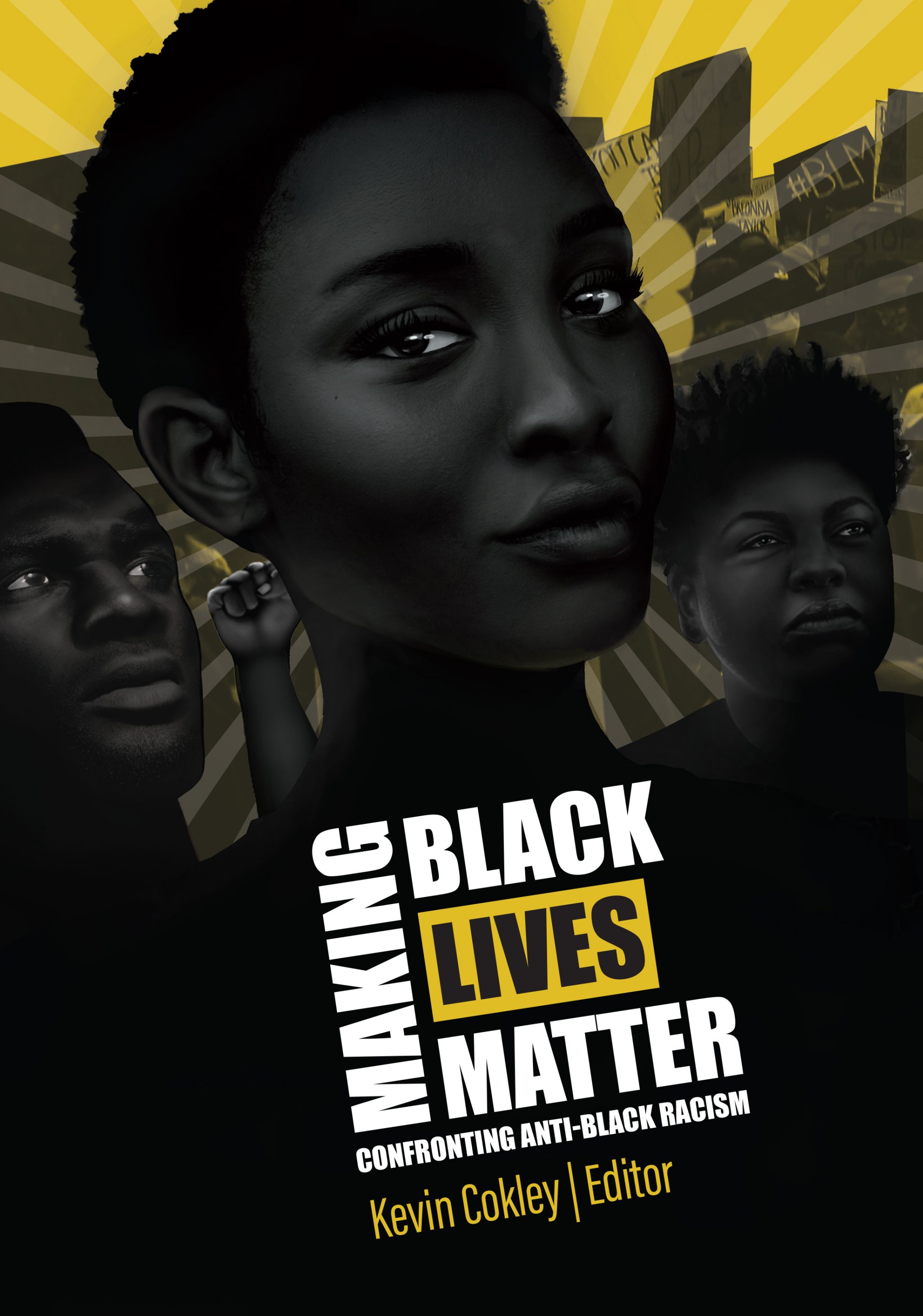What are your main areas of research or professional expertise?
My main area of research is in the area of African American psychology, with a focus on racial and ethnic identity and understanding the psychological and environmental factors that impact African American students’ academic achievement. I study the psychosocial experiences of Black students. I am currently exploring impostor phenomenon and its relationship to mental health and academic outcomes.
What personal or professional experiences have shaped your current approach to teaching or the focus of your research?
The personal experiences that have shaped the focus of my research occurred primarily during my time as an undergraduate student at Wake Forest University. I received an academic, need-based scholarship, and I needed to obtain a minimum GPA of 3.0 to maintain the scholarship. However, I had a disastrous first semester and ended up being put on academic probation. During the time that I was struggling academically I was also coming into my racial awareness on matters of race and activism. So in many ways my research is a reflection of my own lived experience as a Black male student trying to navigate a predominantly White educational space.
What inspired you to edit Making Black Lives Matter?
I was approached about creating a book that was responsive to the issues facing Black people, especially in light of the highly publicized police killings. I was especially excited about the idea of having complete editorial control regarding the content of the book. I wanted to create a book that was not a traditional academic book, where only scholars with certain academic credentials would write a scholarly chapter steeped in references. I am not diminishing that approach because it is obviously very important. After all, I am an academic! However, I wanted the book to be unique by including the diverse voices and perspectives of primarily Black people with different lived experiences, academic credentials, and social statuses.
What was the most challenging aspect of editing the book? The most rewarding aspect?
The most challenging aspect of editing the book was definitely getting all of the authors to turn in their drafts on schedule. This did not happen, which delayed the publication of the book by a few months. Additionally, the writing varied quite a bit among the authors. I had to spend more time with some authors in helping them shape their chapters to be consistent with my vision for the book. That took a lot of work!
However, the amount of work was well worth it! The most rewarding aspect of editing the book was giving some of the contributors a chance to be published authors and to see their names in print. This was especially the case for the undergraduate students, whom I thought did an excellent job with their chapter.
What do you hope readers will take away from the book?
I hope that readers will come away from the book with a sense of the different ways they can actively engage in confronting anti-Black racism.




